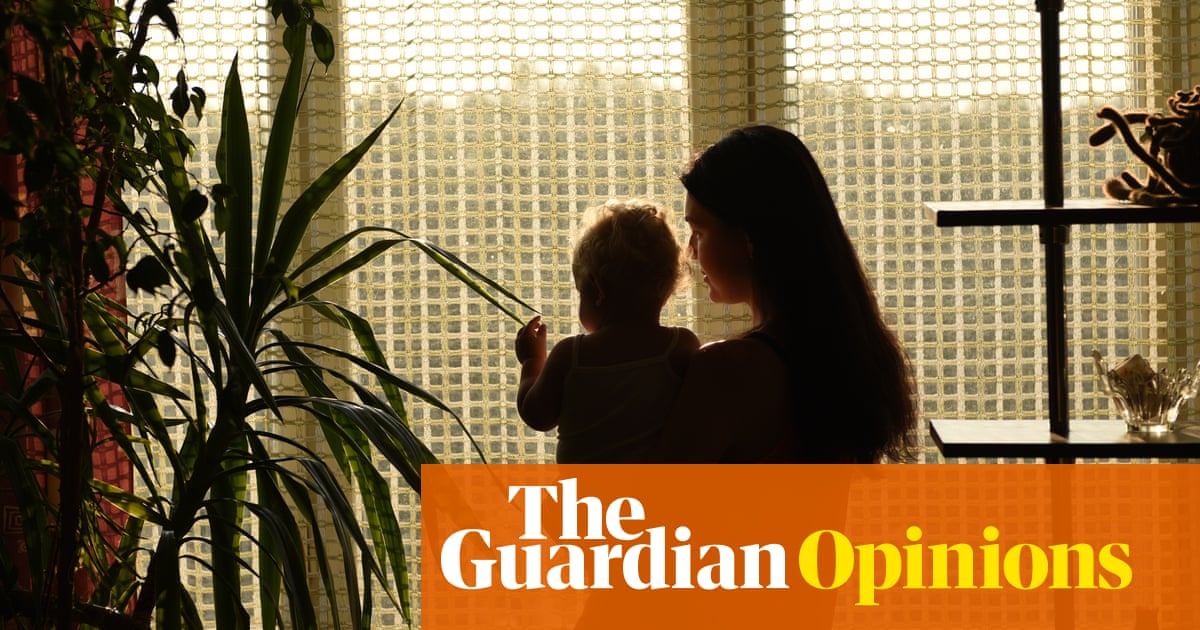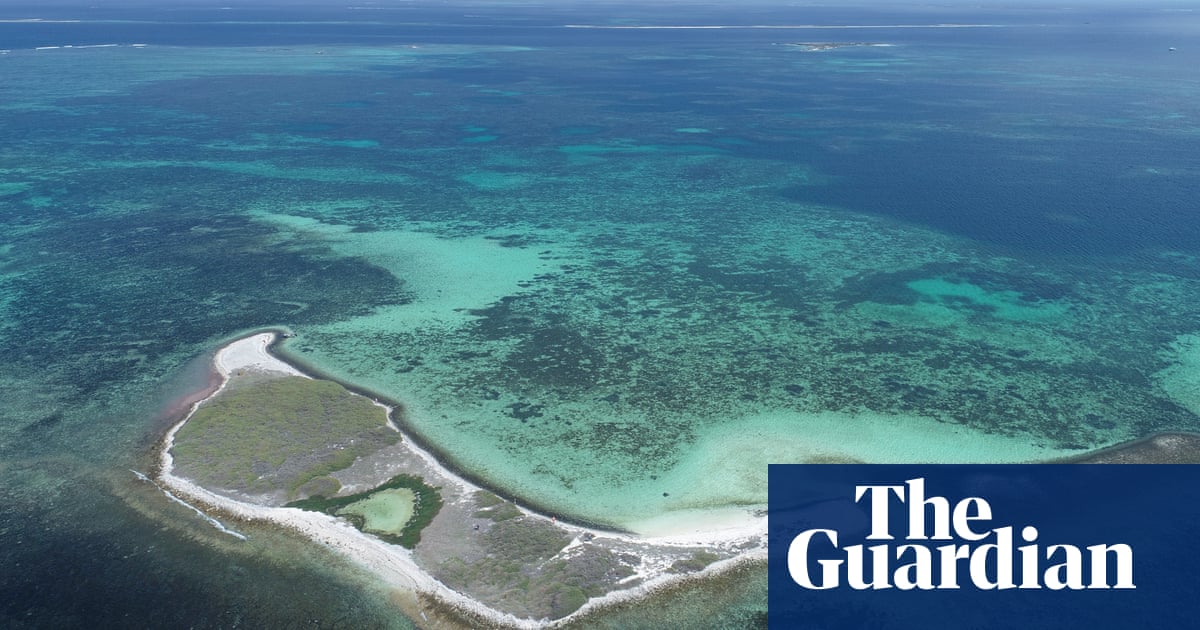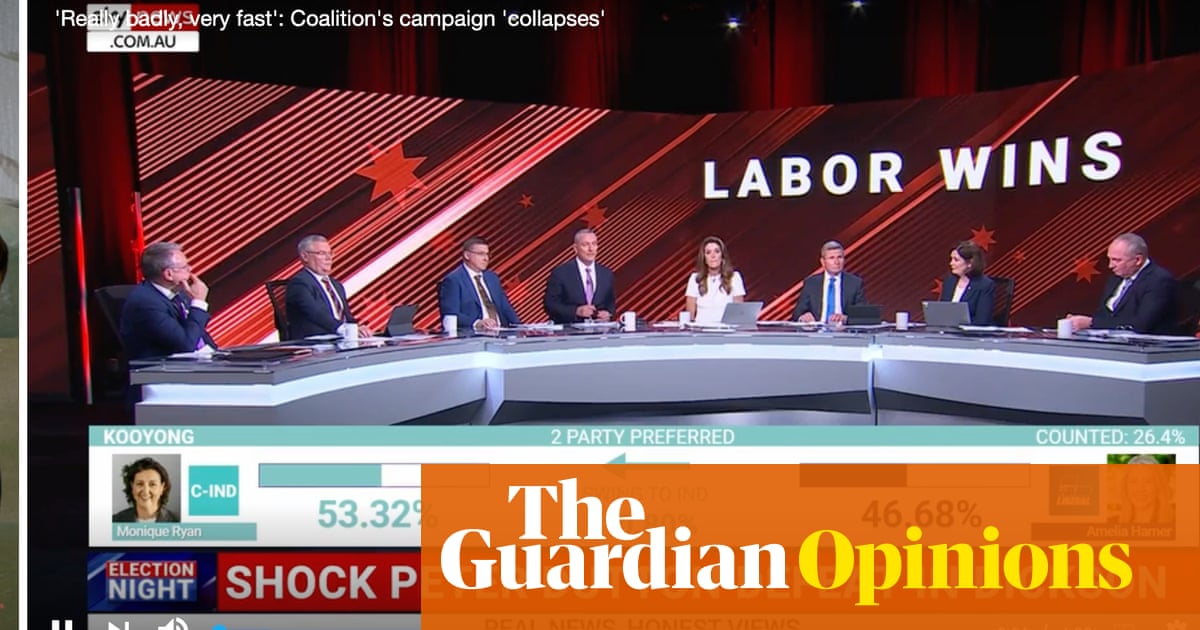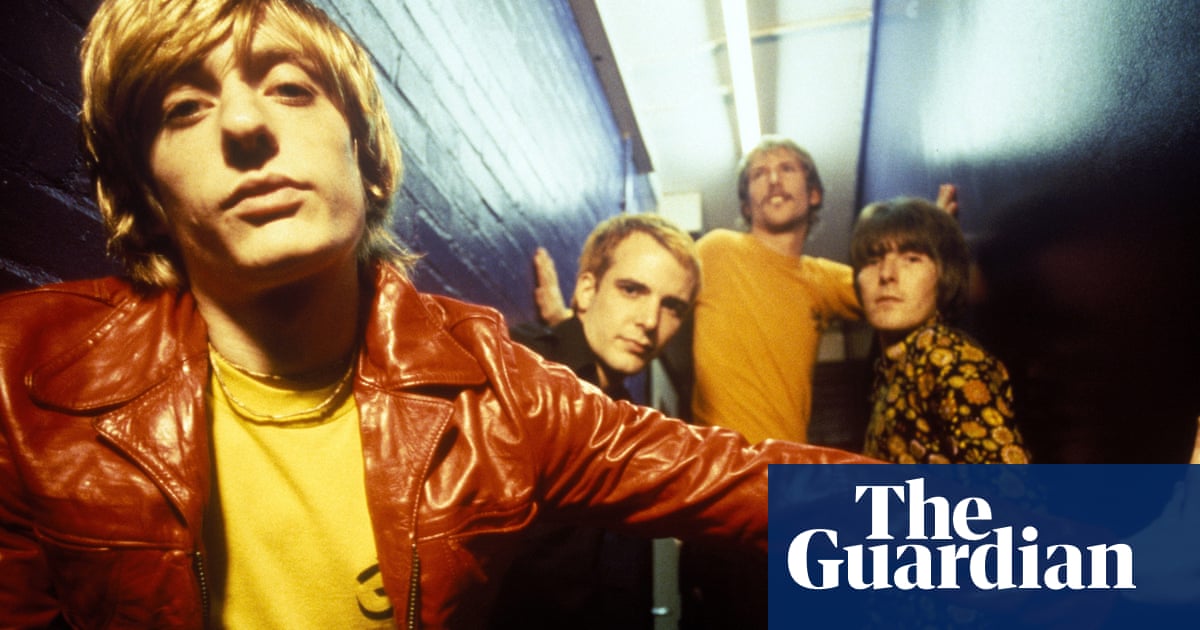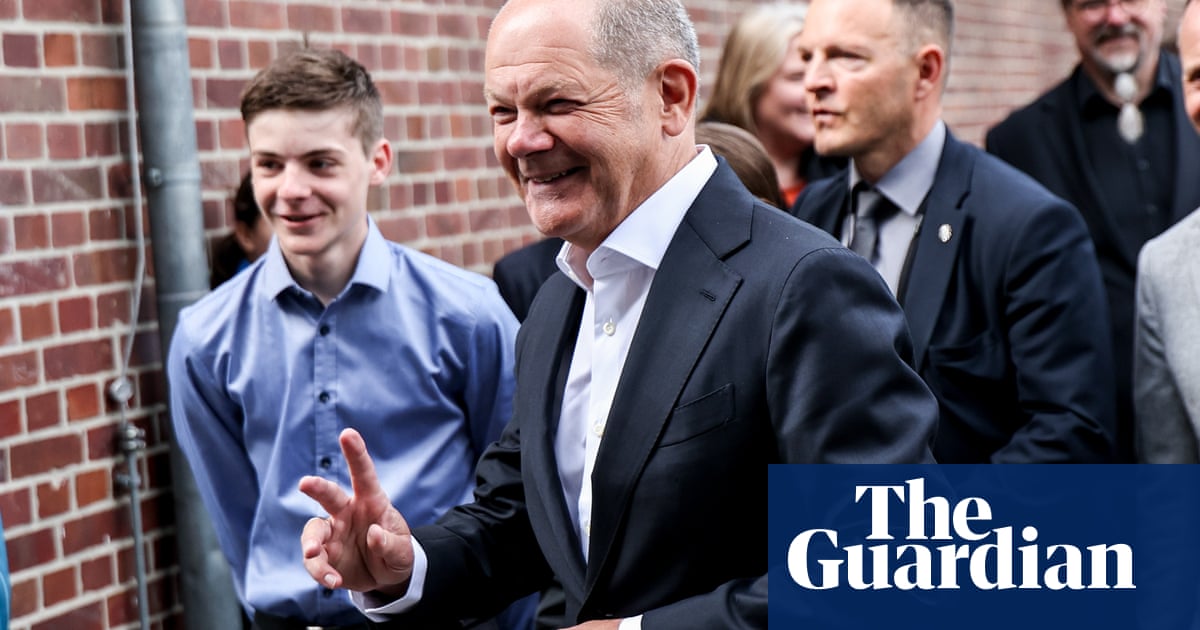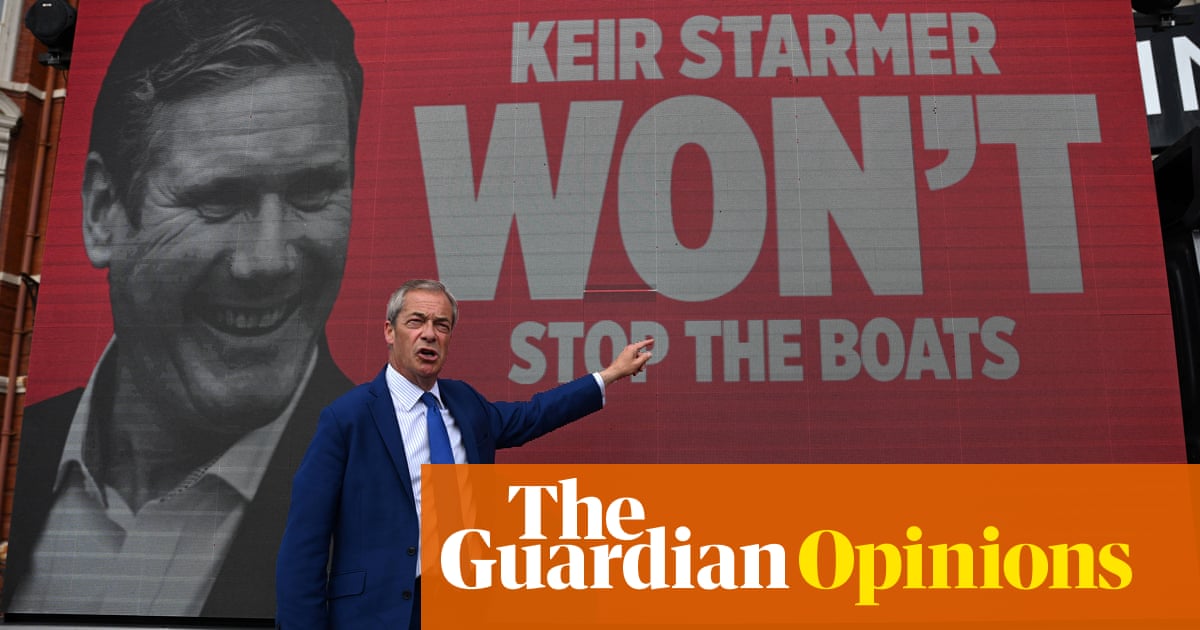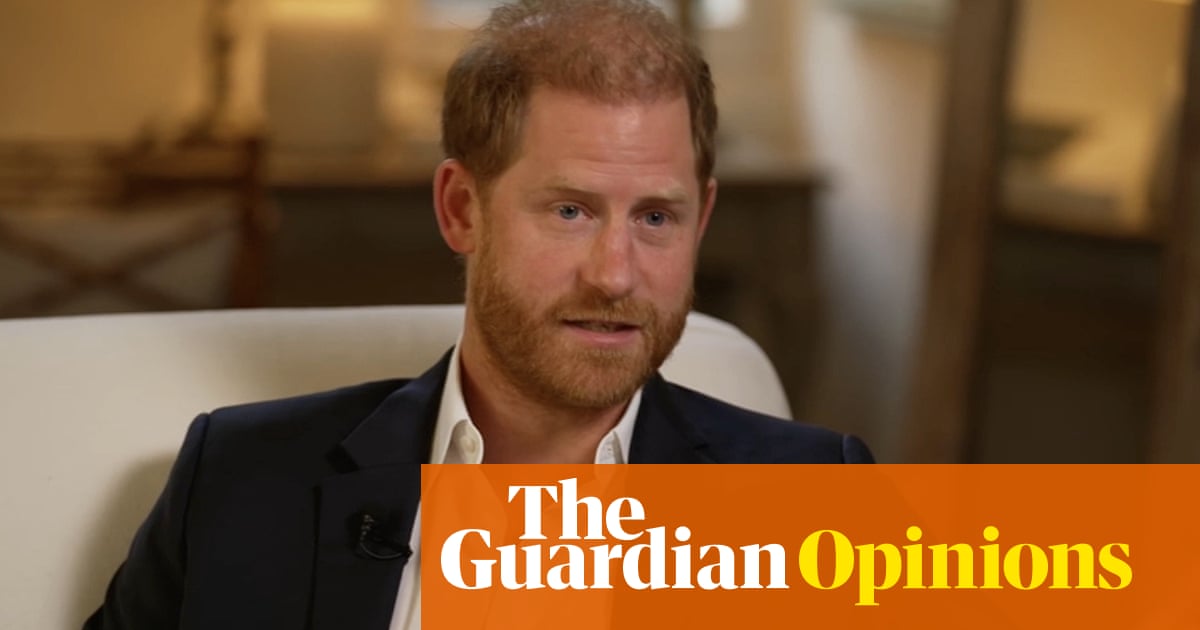From the lush gardens of the Four Seasons luxury hotel in Sharm el-Sheikh, amid banks of bougainvillaea and trailing jasmine, green lawns and air-conditioned courtyards, the surrounding desert is kept at bay by hidden sprinklers, and the chaotic poverty of the rest of Egypt by high walls and discreet security.
In late 2022, on the sidelines of the Cop27 UN climate conference, the former UK prime minister Tony Blair was holding high-level meetings with senior figures from politics and business. His role in the negotiations raised questions for some, who began to worry that, having been a respected elder statesman on the subject – one who as prime minister crafted the UK’s first real climate measures, and made it the priority for the UK presidency of the G8 group of countries in 2005 – he might now be becoming, in the words of one Whitehall insider, “a serious threat to sensible climate policy”.
Senior figures in climate science and politics began to talk to the Guardian of their worries about Blair’s activities and attempts at influence two years ago. At first the concerns were raised quietly and off the record, with no one wishing to speak out publicly. But in the past week those worries have emerged into the open after the Tony Blair Institute for Global Change (TBI), his thinktank, published a paper on Monday evening setting out proposals for a “reset” of global climate policy, and Blair wrote a foreword that contained some explosive suggestions.
“In developed countries, voters feel they’re being asked to make financial sacrifices and changes in lifestyle when they know that their impact on global emissions is minimal,” he wrote. “Political leaders by and large know that the debate has become irrational. But they’re terrified of saying so, for fear of being accused of being ‘climate deniers’.”
The response was immediate. Nicholas Stern, the economist whose landmark review of climate change, published by Blair’s government in 2006, set the gold standard for climate economics, said: “This new report is muddled and misleading. There is far more progress being made around the world to decarbonise the global economy than it suggests … And the report downplays the science in its absence of a sense of urgency and the lack of appreciation of the need for the world to achieve net zero as soon as possible, in order to manage the growth in climate change impacts that are already hurting households and businesses across the world and in the UK. Delay is dangerous.”
Bob Ward, the policy director for the Grantham Research Institute at the London School of Economics, was scathing: “This report provides weak analysis and the wrong solutions. It fails to recognise that the longer it takes to reach net zero emissions in the UK and around the world, the more that households and businesses will suffer from growing impacts of climate change.”

Shaun Spiers, the executive director of the Green Alliance thinktank, warned: “His report suggests that campaigners have played their part and now need to move aside: combatting climate change is a job for the elites, not ordinary people. Nothing could be more calculated to play into the hands of the populists and undermine popular support for the changes we need to see.”
The TBI issued clarifications on Wednesday, complaining that its conclusions and Blair’s words had been misinterpreted, and reaffirming that the report’s authors had found in favour of net zero targets and policies. But the damage had been done. The perception that Blair was now a net zero sceptic was taken up gleefully by the Conservative party, whose leader, Kemi Badenoch, has ditched her party’s longstanding commitment to net zero.
The questions raised about Blair’s position on this critical subject stem in part from the position he seems to be adopting on the climate crisis, which is increasingly out of step with the progressive voices who are battling a growing tide of net zero scepticism. So what has Blair’s role been in recent climate summits? Has he found his position moving more into alignment with the partner countries with whom he has worked steadily for the last couple of decades, in particular the Middle East and Gulf states, as some suggest?
Immediately after resigning as prime minister, Blair took up an international role as Middle East peace envoy, a position he would keep until 2015. He also moved quickly to forge lucrative partnerships for his thinktank and his former commercial consultancy, Tony Blair Associates, landing a multimillion-pound deal advising the Saudi Arabian government on modernising the country, even continuing after the murder of the journalist Jamal Khashoggi. He facilitated deals with the Chinese for PetroSaudi and TBI was paid millions for consultancy to the United Arab Emirates government in the mid-2010s.
As the years have passed some climate change insiders have wondered whether keeping such company has affected Blair’s outlook. “He’s swanning around in a particular circle of people who he knew from his time in power. And of course those still in power are authoritarian and often fossil fuel nations – the democratic ones have been voted out. So that is going to distort your view,” said one former Cop adviser.

At Sharm el-Sheikh in 2022, Blair insisted on discretion. His presence sent a ripple of excitement through an otherwise turgid summit, and the Egyptian government welcomed him keenly, but his movements were kept to a small circle. Speaking to the Guardian at the time about his reasons for attending, he mentioned projects TBI was working on in Africa, particularly with Mozambique’s government.
However, although he said less about this, Blair was also extremely interested in the UAE, where the government had offered in November 2021 to hold the Cop28 climate conference, scheduled for 2023, in Dubai. For some years Blair had been paid to advise the government, and during those years he had met Sultan Al Jaber, the boss of the UAE’s national oil company, Adnoc, and the two had become friends. Al Jaber is one of the most powerful business figures in UAE outside the state’s royal families, and also led the team that established Masdar, UAE’s renewable energy company. For a petrostate to host a climate summit was not without precedent, but the choice of Al Jaber as president raised protests from environmental campaigners.
TBI has told the Guardian that Blair was not paid to advise Al Jaber before Cop28, though a spokesperson confirmed the UAE government (and the Saudi government) continued to be clients. Several people who worked on Cop28 have said the two talked at many stages of the summit’s preparations, though the details of what they discussed are unknown. As one person who worked in the Cop28 coordinating team said, in the early stages of preparation in early 2023: “Nothing goes out from Dr Sultan [as Al Jaber is known to his staff] without being passed by Blair.” Another person who worked in the presidency team said of that period: “There were calls, there was a lot of communication, it was a constant presence.”
The Dubai Cop ended with the agreement to “transition away from fossil fuels”, the first time in three decades of climate talks that fossil fuels had been addressed head-on. Yet some have said that though Al Jaber led the effort to incorporate that language, it was simultaneously contrary to his own instincts and country’s interests. Within weeks Al Jaber had announced expansion plans for Adnoc, and Saudi Arabia – which had agreed with the consensus, so as not to embarrass its “brother” nation, UAE, by holding out – began attempting to unpick the resolution. Senior Saudi ministers argued that the commitment to transition away from fossil fuels was merely one option among many.

At the next Cop in Azerbaijan (also a petrostate and also advised by Blair; TBI, which was paid for its services, sent 12 advisers to the summit, all listed as members of the host country delegation), mention of the “transition away from fossil fuels” was sidelined in the talks, and the final outcome failed to reaffirm it. Many countries and climate experts said Azerbaijan’s presidency was to blame for the failure. “The way they chose to organise the agenda ensured it could not be passed,” said one high-ranking diplomat.
The eclipse of the hard-fought commitment to phase out fossil fuels appears to mirror Blair’s own thinking. In last week’s report, he wrote: “Any strategy based on either phasing out fossil fuels in the short term or limiting consumption is a strategy doomed to fail.”
TBI has offered its unpaid services to Brazil, the host of this year’s Cop30 summit in November. Brazil, which hopes to reaffirm the fossil fuel phase-out commitment, as well as encouraging all countries to come forward with fresh plans to cut greenhouse gas emissions, has declined the offer.
TBI rejects the idea that Blair’s links in the Middle East have any influence on his thinking. “Why don’t those who disagree with the argument TBI has set out in the paper confront the argument rather than try to impugn the motives of those who wrote it? TBI works with oil-producing countries though not in respect of the oil sector, and non-oil-producing countries including some acutely at risk from climate change,” a spokesperson said. “The issue is how we deal with climate change. And a policy based on the short-term ending of fossil fuels is simply not credible. As the facts show. Fossil fuel demand is rising not falling. And many developing countries need both the energy and the income that comes from fossil fuels.”
after newsletter promotion
The spokesperson continued: “So we need a different and more effective policy mix. Some of which will come from nature like afforestation and some from technologies like direct carbon capture, new nuclear, smart grids and AI tools to enhance the deployment of renewables. The Cop in Brazil exactly illustrates the point. Brazil is a leader in the fight against climate change – with a lot of clean energy and the protection of the Amazon forest. But it is also a major oil producer that over the next years will increase production. Making sense of this is the practical policy challenge and if we don’t deal with it practically, we just boost the case of those who say we should give up on the issue.”
Nobody the Guardian spoke to suggested that Blair was seeking financial gain, or influenced by business interests, in taking his stance. Rather, a repeated impression was that Blair was “out of touch”. Taking in the view of the climate crisis from five-star hotels and air-conditioned towers in the Gulf petrostates, rather than from the poor and vulnerable countries on the frontlines of the crisis, may be a factor, several said.

His influence and reach remains powerful. Tom Burke, a co-founder of the E3G green thinktank, believes his international supporters, petrostates among them, could have been the real intended audience for his blistering remarks last week. “Blair is a famous global whisperer. He is signalling to people who matter to him what a good place he is to go to for advice.”
The emphasis of his work tends to be on new technologies, such as nuclear fusion and carbon capture and storage, and of technological solutions such as artificial intelligence and “disruptive invention laboratories” rather than renewables, something highly criticised by campaigners. “It might serve the interest of the Saudi groups that have given millions to the institute, but not the rest of us,” said Ami McCarthy, the head of politics at Greenpeace UK.
This “tech bro” view that innovations hovering on the horizon will save us, rather than unglamorous equipment we already have but fail to use in sufficient quantity, is a dangerous one, according to David King, the chief scientific adviser in Blair’s government. He wrote in the Guardian: “Framing the climate challenge as a choice between reducing emissions and developing new technologies is misleading. We need to do both – simultaneously and urgently.”
The phrase that keeps coming up, in the reactions of climate experts, is that Blair appears stuck in the past, failing to acknowledge that renewable energy and electric vehicles are much cheaper today, and their take-up is booming. “The report’s views on climate solutions are so out of date that if you found them in your fridge, you’d want to dispose of them safely,” said McCarthy. “And that’s exactly what the UK government should do with them.”
Nick Mabey, the chief executive of E3G, said: “It reads like something from 15 or 20 years ago. It does not reflect the reality of today.”
Like Al Jaber, Blair presents himself as a pragmatist, arguing in the recent foreword: “Present policy solutions are inadequate and, worse, are distorting the debate into a quest for a climate platform that is unrealistic and therefore unworkable.”
But this approach itself raises alarm bells. Todd Stern, a former US climate envoy, has spoken of his concerns at an increasing tendency among some senior businesspeople to advocate not against climate action, but for a slowdown in the name of “pragmatism”. He said: “We are slowed down by those who think of themselves as grownups and believe decarbonisation at the speed the climate community calls for is unrealistic. They say that we need to slow down. It’s really hard [to push for more urgency] because those ‘grownups’ have a lot of influence.” Stern has said he was not taking aim at Blair but making a more general point.
So what will the impact of his argument be? TBI, amid its clarifications of the “climate reset” report, has said it was not focused on the UK, but intended to be global. However, the thinktank has taken a keen interest in UK policy, holding a series of meetings or seminar-type events with groups of new Labour MPs, covering a wide range of issues. Blair has also held meetings with the prime minister, Keir Starmer, and the arch Blairite Peter Mandelson is ambassador to the US.
Several Whitehall insiders have indicated that they see the influence of Blair, and of Mandelson, in unfriendly briefings against Ed Miliband, the energy secretary.

If that is the case, they may have backfired. Blair’s influence on leaders in the Middle East, and rightwing populists, may be waxing, but within the UK government it seems firmly on the wane. Last Thursday, Starmer hosted an international conference on energy security in London. In front of political leaders and senior officials from 60 countries, including the European Commission president, Ursula von der Leyen, the prime minister said that tackling the climate crisis was “in the DNA of my government. [We are] acting now, with a muscular industrial policy, to seize the opportunities [in low-carbon technology] to boost investment, build new industries, drive UK competitiveness, and unlock export opportunities. That is the change we need. We won’t wait – we will accelerate.”
It was a weighty intervention, hard to row back from, and an unmistakable vote of confidence in his energy secretary. Starmer left the stage to applause and a beaming Miliband.
But just a few days later, Reform UK, whose leader, Nigel Farage, never fails to mention “net zero madness”, took a formerly safe seat from Labour. It will be a strange irony if Tony Blair, once seen as the saviour of progressive politics, is increasingly allied with some of its bitterest enemies.

 4 hours ago
7
4 hours ago
7


